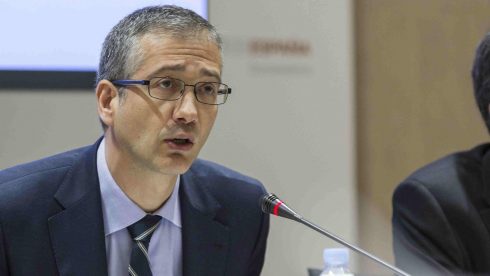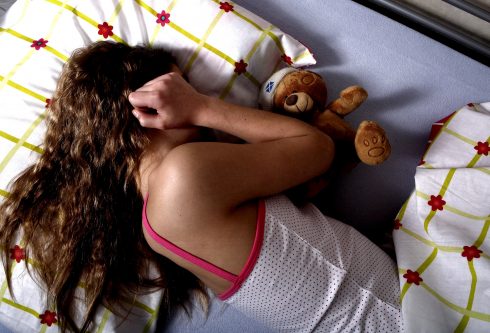DURING the coronavirus lockdown, online scams and hoaxes have soared by over 70%, according to Guardia Civil figures.
One of the most shocking scams has been from online fraudsters posing as sanitary product distributors, offering to deliver PPE (personal protective equipment), including gowns, masks and gloves.
Using a fake website posing as a reputable company, hackers preyed on nursing homes and private medical centres, taking their money through orders and not delivering the items.
“In a matter of days we saw that it was a false supplier, it had used the identity of a real supplier and the server from which it operated was in Chile,” explained a source from the Policia Nacional.
During the crisis, the Central Cybercrime Unit of the Policia Nacional has stepped up its surveillance of online domains, hoping to catch illegal activity.
In a recent press release, it was revealed that a total of 415,973 domains have been investigated since the state of alarm came into play, resulting in a total of 120,353 being found to be involved in suspicious activity.
Most recently, Correos has reportedly become the latest victim of an online scam.
People have received emails that if they are awaiting a package, they must pay an extra €1.40 to have their items disinfected or risk losing their order.
So far limited to the Canary Islands, authorities appear to have stopped the scam before it reached mainland Spain.
According to figures, many online fraudsters have moved on from targeting the general population.
The headquarters of the Guardia Civil in Madrid reported a decrease from almost 40 complaints per day to just seven per week.
The targeting of institutions and public entities have proved a much more appealing prospect, using the nationwide lack of PPE as a way in, leading authorities to warn of being extra vigilant during these testing times.
Professionals are also being warned of the influx of below-standard equipment being imported into the Spain from countries such as Romania and Bulgaria.
It was discovered that masks and other PPE equipment that was to be shipped between Bulgaria and France last week, had had manufacturer names removed, while official documentation missing.
Often these masks are produced in countries where the quality control and medical requirements are much lower, potentially putting users lives at risk.
So far, the Ministry of Health has kept its PPE purchasing a secret, using the urgency of the orders to withhold contracts from the public eye.
But with almost 80% of masks being imported from China, the government is under extreme scrutiny to avoid another ‘testing kit debacle.
Click here to read more Crime & Law News from The Olive Press.








